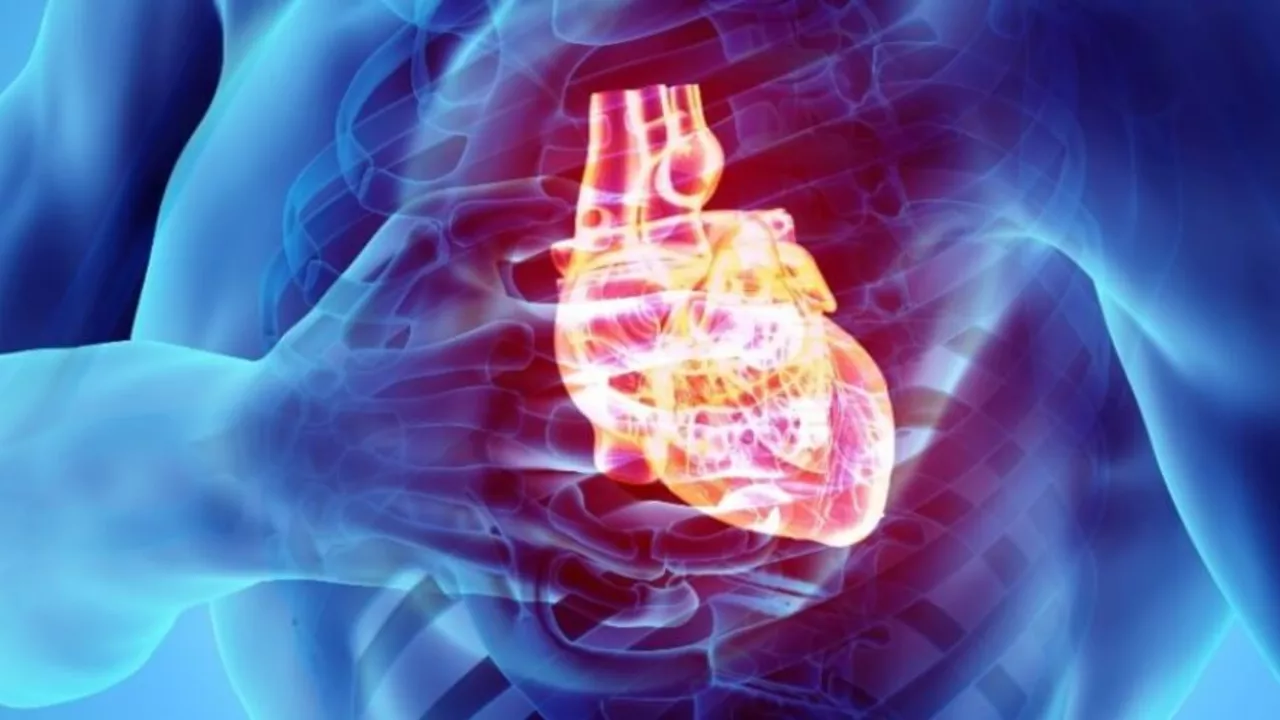Health and Wellness: Your Guide to Better Living
When talking about Health and Wellness, the overall state of physical, mental, and social well‑being that allows a person to thrive, most people picture gym sessions and diet plans. In reality, Health and Wellness also covers everyday issues like uncomfortable gas, lingering acidity, and the scary headlines about heart problems. Understanding how these pieces fit together helps you avoid needless panic and make smarter choices. For example, knowing that digestive upset can mimic heart attack symptoms lets you stay calm and seek the right help.
Key Topics You’ll Encounter
One common culprit behind uneasy stomach feelings is Gas, a natural by‑product of digestion that can build up and cause bloating or pain. While harmless most of the time, excessive gas can trigger anxiety, especially if you’re already worried about your heart. Acidity, excess stomach acid that leads to heartburn or reflux shares a similar story: it creates a burning sensation that many mistake for a heart attack. This confusion creates a semantic link—Health and Wellness encompasses digestive health and requires clear symptom differentiation. When acid reflux spikes, the chest pain can feel like cardiac distress, which is why many people rush to the ER. Another serious term that surfaces in discussions is Cardiac Arrest, the sudden loss of heart function that, if untreated, leads to death. It’s crucial to note that gas and acidity do not cause cardiac arrest directly, but the stress they generate can raise heart rate and blood pressure, indirectly influencing cardiac risk. This relationship—Acidity influences heart symptoms—shows how intertwined our bodily systems are. By managing diet, staying hydrated, and practicing relaxation techniques, you can lower the chance that a stomach issue escalates into a cardiac scare.
Beyond the immediate symptoms, the broader picture of Health and Wellness includes lifestyle habits that keep both the digestive and cardiovascular systems happy. A balanced diet rich in fiber helps move gas through the gut, while limiting spicy or fatty foods reduces acid production. Regular exercise improves circulation, which in turn aids digestion and stabilizes heart rhythm. Stress management tools—like deep breathing, meditation, or even a short walk—can dampen the panic response that often accompanies chest discomfort. When you combine these practices, you create a feedback loop: better digestion supports heart health, and a healthier heart makes it easier to maintain good digestion. This loop is a classic example of a semantic triple: Health and Wellness requires balanced nutrition, balanced nutrition reduces acidity, and reduced acidity lowers heart‑related anxiety. The articles in this collection dig deeper into each of these steps, offering actionable advice you can start using today. Below you’ll find a curated set of posts that break down the science, share real‑world tips, and answer the most common questions about gas, acidity, heart health, and overall well‑being. Whether you’re looking for fast relief from heartburn or long‑term strategies to keep your heart safe, the content here is organized to guide you through every stage of the journey.
Ready to explore the details? Scroll down to discover practical insights, myth‑busting facts, and step‑by‑step guides that will help you take control of your health and wellness today.
In my latest research, I discovered that while gas and acidity can cause significant discomfort, they don't directly lead to cardiac arrest. However, severe heartburn or acid reflux can mimic symptoms of a heart attack, causing panic and stress, which in extreme cases could contribute to heart issues. It's crucial to differentiate between heartburn and heart symptoms, so don't hesitate to seek medical advice if in doubt. Keep in mind, maintaining a balanced diet and healthy lifestyle can prevent both acidity problems and heart diseases. So, while there's an indirect link, gas and acidity don't directly cause cardiac arrest.

 Sports News
Sports News